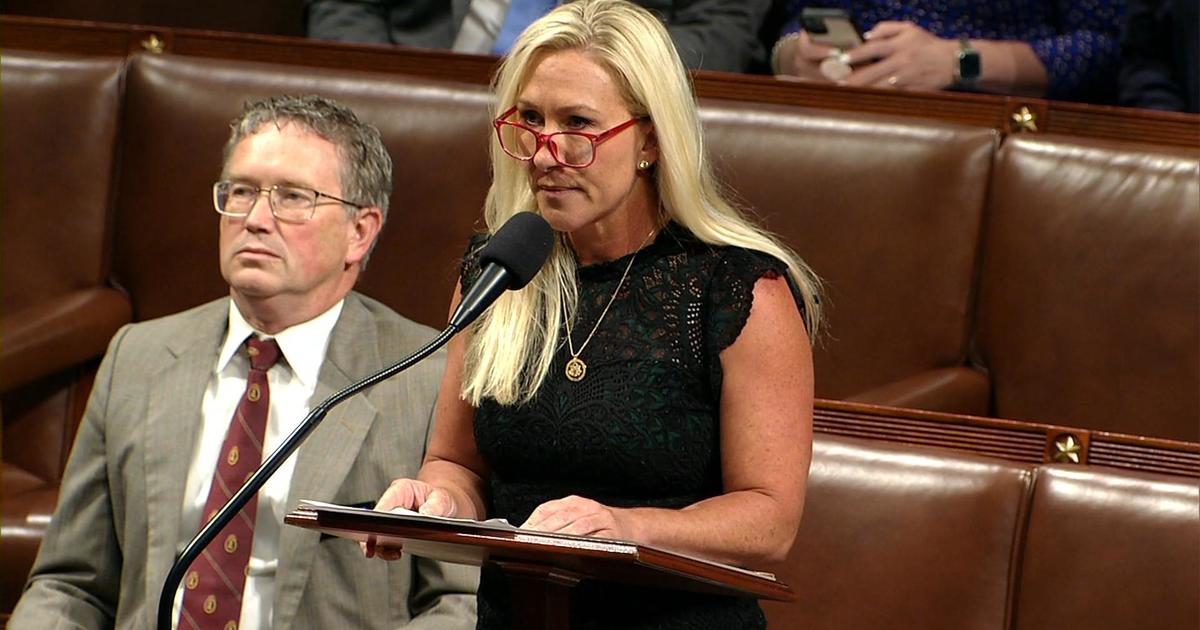In a surprising turn of events, the House of Representatives rejected a motion brought forth by Rep. Marjorie Taylor Green to remove House Speaker Mike Johnson from his leadership position. The motion was defeated with overwhelming support from both Democrats and Republicans, showcasing a rare display of bipartisan unity in the chamber. This move comes as Green, a controversial figure in Congress known for her extreme views and past support of conspiracy theories, attempted to challenge the current leadership within the House.
Despite facing criticism and backlash for her actions and statements, Green’s motion to oust Speaker Johnson was ultimately unsuccessful. The decision to reject the motion highlights the strong support that Johnson continues to enjoy within the House, as well as the lack of confidence in Green’s ability to effectively lead such a significant change within the chamber. The bipartisan vote also serves as a reminder of the importance of unity and cooperation in the legislative process, especially during times of political division and discord.
The rejection of Green’s motion is likely to have far-reaching implications for her standing within the Republican Party and in Congress as a whole. By failing to garner enough support for her attempt to remove Speaker Johnson, Green may find herself isolated and marginalized within the House, further alienating herself from her colleagues and limiting her ability to influence decision-making processes. This outcome could potentially weaken Green’s political influence and effectiveness in pushing forward her agenda and priorities in the future.
The House’s decision to reject Green’s motion also sends a strong message about the importance of upholding democratic principles and respecting the established leadership structures within the chamber. By standing in support of Speaker Johnson and dismissing Green’s efforts to challenge his position, members of both parties have reaffirmed their commitment to the democratic process and the rule of law. This move serves as a significant rebuke to Green’s attempts to disrupt the status quo and impose her own agenda on the House, highlighting the limits of individual power and the need for cooperation and consensus in governing effectively.
Overall, the rejection of Marjorie Taylor Green’s motion to oust House Speaker Mike Johnson represents a significant moment in the ongoing political landscape of Congress. The bipartisan vote to support Johnson and reject Green’s challenge underscores the power of unity and cooperation in achieving common goals and upholding democratic values. This decision is likely to have lasting implications for Green’s political career and influence within the House, as well as for the dynamics of leadership and decision-making processes in the chamber moving forward.









